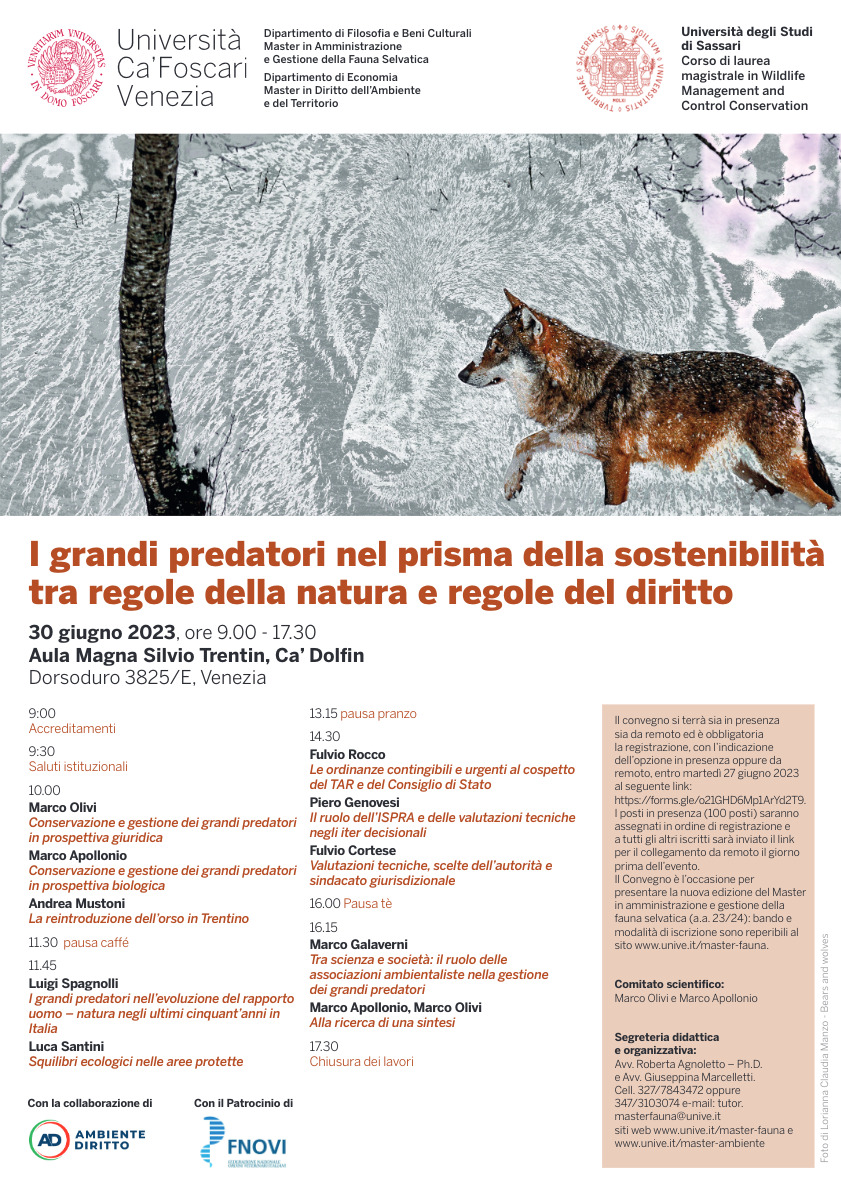
LE CERTIFICAZIONI AMBIENTALI ED IL NUOVO CODICE DEI CONTRATTI
Roberta Cadenazzi
Abstract (it)
La consapevolezza e l’emergenza delle problematiche ambientali hanno spinto gli Stati ad elaborare politiche e normative ispirate al principio della sostenibilità ed al modello economico dell’economia circolare. Gli Stati, per realizzare concretamente le azioni previste sia a livello politico che legislativo verso la tutela ambientale, dispongono di diversi strumenti fra cui gli schemi di certificazione ed etichettatura e sistemi di gestione ambientale in particolare Ecolabel ed EMAS. Lo Stato italiano ha recepito le politiche ambientali dell’UE che favoriscono tali certificazioni ambientali ed è divenuto uno degli Stati membri in cui queste certificazioni ambientali sono più diffuse. Inoltre l’Italia, ha volutamente compiuto un passo ulteriore poiché ha codificato e favorito lo sviluppo delle certificazioni ambientali attraverso le disposizioni inserite nel Nuovo Codice dei Contratti, il D. lgs. n. 50/2016. Nei successivi paragrafi si provvederà, innanzitutto, a tracciare le caratteristiche più rilevanti delle certificazioni ambientali contemplate dalla legislazione italiana, poi si procederà ad individuare, negli articoli del Nuovo Codice dei Contratti, il ruolo e lo spazio dedicati alle certificazioni ambientali all’interno delle fasi di gara degli appalti con un’attenzione particolare agli istituti dell’equivalenza e dell’avvalimento. Infine, una riflessione conclusiva proverà a mettere in luce il legame fra certificazioni ambientali ed economia circolare quale nuovo modello a cui tende l’economia italiana ed europea.
The awareness and the emergence of environmental issues has led States to develop policies and regulations inspired by the principle of sustainability and the economic model of the circular economy. The Member States have a number of instruments at their disposal, including certification and labelling schemes and environmental management systems, in particular the Ecolabel and EMAS, in order to implement in practice the actions planned at both political and legislative level towards environmental protection. The Italian State has transposed the environmental policies of the EU that promote such environmental certifications and has become one of the Member States where these environmental certifications are most widespread. In addition, Italy has deliberately taken a further step since it has codified and promoted the development of environmental certifications through the provisions inserted in the New Code of Contracts, the D. lgs. n. 50/2016. In the following paragraphs we will first trace the most important characteristics of the environmental certifications provided by Italian legislation, then we will proceed to identify, in the articles of the New Code of Contracts, the role and the space dedicated to environmental certifications within the tender phases of the contracts with particular attention to the institutions of the equivalence and the reliance on the capacity of other entities. Finally, a conclusive reflection will try to highlight the link between environmental certifications and circular economy as a new model for the Italian and European economy.
INDICE: – 1. Introduzione – 2. Le caratteristiche delle certificazioni ambientali volontarie – 3. Lo sviluppo delle certificazioni nel nuovo codice – 4. Le certificazioni ambientali negli articoli del nuovo codice – 5. Equivalenza e avvalimento – 6. Conclusioni.
Scarica allegato





 AMBIENTEDIRITTO.IT EDITORE
AMBIENTEDIRITTO.IT EDITORE